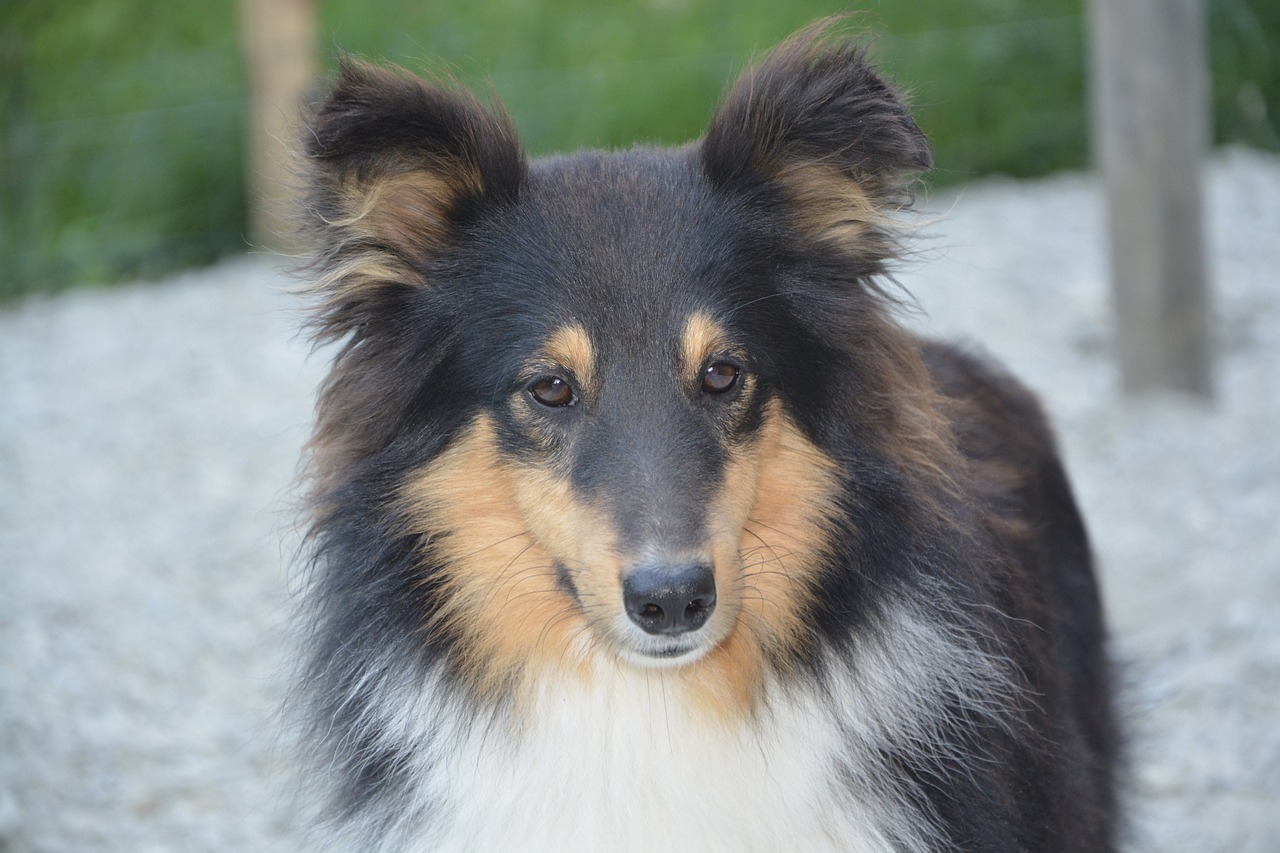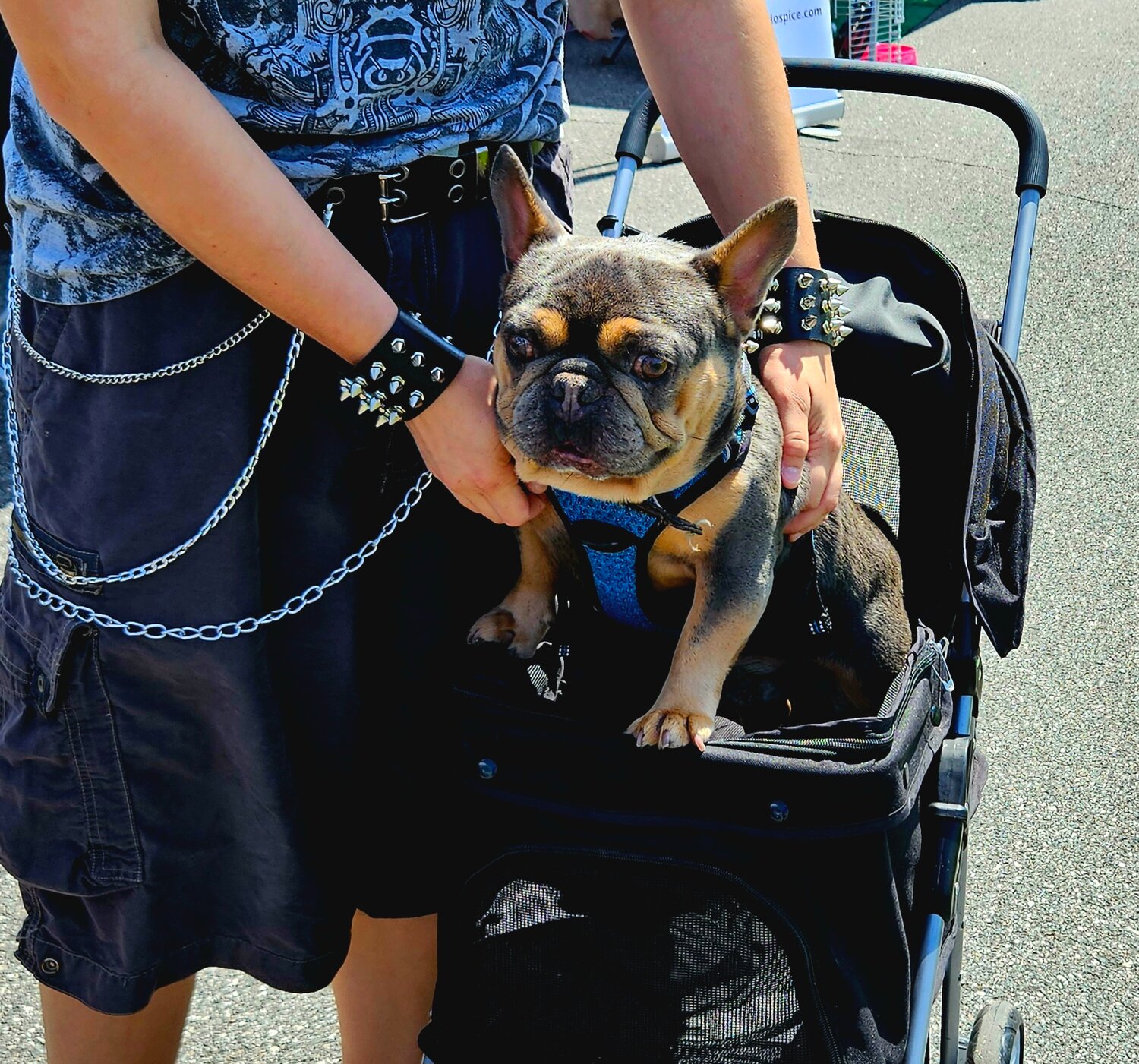St. Bernards, renowned for their size and gentle nature, are a beloved breed with unique care requirements. A critical decision for owners of male St. Bernards is determining the optimal age for neutering. This article explores the veterinarian consensus on the ideal age to neuter a male St. Bernard, evaluates the advantages and disadvantages of neutering at different ages, and considers alternatives to traditional neutering.
1. Understanding Neutering in St. Bernards
Neutering, the surgical removal of a male dog’s testicles, is performed for various reasons, including health and behavior management, and population control. In St. Bernards, a giant breed with specific health considerations, the timing of neutering is an important factor in their overall health and development.
2. Veterinarian Consensus on Neutering Age
The consensus among veterinarians on the best age to neuter a male St. Bernard generally ranges between six to nine months. However, due to the breed’s large size and slower maturation rate, some veterinarians recommend waiting until the dog is older, perhaps around 18 months to 2 years. This delay is suggested to ensure the dog reaches full physical maturity, which can be beneficial for maintaining joint and bone health.
3. Advantages of Early Neutering
Neutering a St. Bernard at a younger age offers several benefits:
- Behavioral Management: Early neutering can help reduce the risk of aggressive tendencies and dominance issues.
- Health Benefits: It decreases the risk of testicular cancer and can reduce the likelihood of certain prostate issues.
- Prevention of Unwanted Litters: Early neutering ensures that the dog does not contribute to accidental breeding.
4. Disadvantages of Early Neutering
The disadvantages of early neutering include:
- Impact on Growth and Development: Neutering before St. Bernard is fully matured can affect its growth, particularly in relation to bone and joint health.
- Risk of Obesity: Neutered dogs have a higher risk of obesity, which can be a significant concern in large breeds.
5. Advantages of Later Neutering
Opting to neuter a St. Bernard after reaching maturity has its advantages:
- Complete Physical Development: Waiting allows the dog to reach its full size and physical maturity, which can be beneficial for their overall health and well-being.
- Behavioral Maturity: It allows owners to assess the dog’s natural behavior and temperament before making a decision.
6. Disadvantages of Later Neutering
The disadvantages of later neutering include:
- Entrenched Behaviors: Delaying the procedure might allow certain undesirable behaviors to become more established.
- Health Risks: The risk of testicular cancer and other health issues associated with intact males remains as long as the dog is not neutered.
7. Alternatives to Traditional Neutering
For St. Bernard owners seeking alternatives to traditional neutering, there are several options:
- Vasectomy: This procedure prevents reproduction while maintaining the hormonal system intact.
- Chemical Castration: Using injections to temporarily reduce fertility and testosterone levels.
- Hormonal Implants: Suppressing testosterone production temporarily, providing a reversible alternative to permanent neutering.
8. Factors to Consider for St. Bernards
When deciding the best age to neuter your St. Bernard, consider the following:
- Breed Characteristics: St. Bernards are a giant breed with specific physical and behavioral traits.
- Health History: Discuss any breed-specific health concerns with your veterinarian.
- Lifestyle and Environment: Your living situation and the dog’s exposure to other animals and environments can influence the decision.
9. Consulting with a Veterinarian
Consulting with a veterinarian who has experience with St. Bernards is critical. They can offer tailored advice based on your dog’s individual health, behavior, and the specific needs of the breed.
Conclusion
Determining the best age to neuter a male St. Bernard involves balancing various factors, including the breed’s size and characteristics, the individual dog’s health and behavior, and veterinary advice. While there is no one-size-fits-all answer, informed consideration and professional guidance are key to making the best decision for your St. Bernard’s long-term health and well-being.









